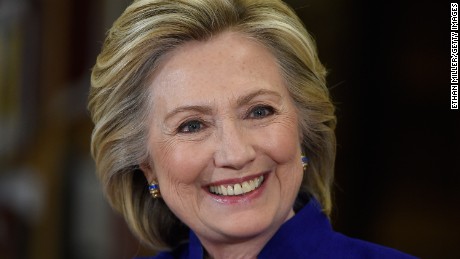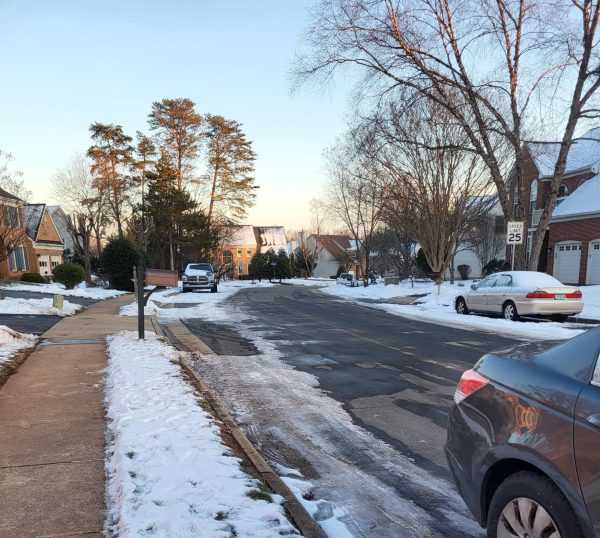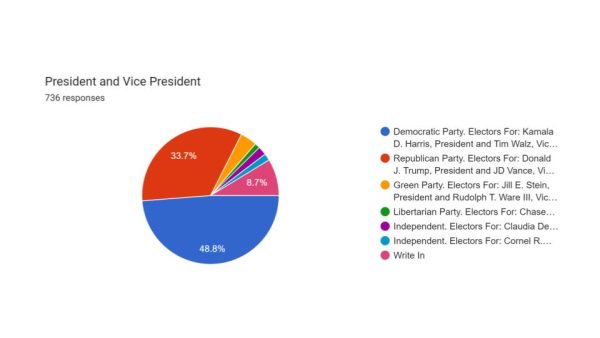Democratic Debate Debacle

It might come as a surprise to many—what with the crazy, mudslinging Republican field debates that have captured media attention—but the Democratic Party too is hosting debates among its candidates. There have been four so far—three onstage and one ‘virtual’, wherein Hillary Clinton did not participate—but they have received at best lacking promotion and viewership. Indisputably part of the reason for this is their tamer nature, but many see clear effort on the behalf of Debbie Wasserman Schultz and the Democratic National Committee to deemphasize the debate process as a large contributor as well.
Though Wasserman Schultz and the DNC have vehemently denied such accusations—which are based on a widespread belief that the Democratic Party wishes to ‘coronate’ Hillary Clinton without allowing other candidates a shot at the nomination—the evidence is considered by many to be entirely damning. While the Republican Party has scheduled 11 debates for candidates, each during primetime, the Democratic Party has only scheduled 6—one of which was an ‘online debate’ in which leading candidate Hillary Clinton did not participate.
Comparing the rigor of questions in each party’s debate is an exercise in futility—each party for the most part carefully selected networks and hosts that would best give candidates the opportunity to display their platforms while only receiving minimal ‘tough’ questions. In this way, the debates are nearly meaningless—each candidate, on both sides, utilizes the debates not as opportunities to develop ideas but as a platform on which to tout their own agenda. However, the mere notion of the Democratic Party’s willingness to stifle the only forum currently installed in the U.S. election system for voters to compare candidates in similar contexts has many voters on both sides of the aisle concerned.
In a Daily Caller poll after the first Democratic debate, 98% of respondents felt that Clinton had been given an unfair advantage over smaller-time candidates like Jim Webb, Lincoln Chafee, and Martin O’Malley. Such bias is impossible to prove, but a margin that wide seems to indicate a poorly-veiled attempt on the part of the Party to promote Clinton at the others’ expense. The lacking scheduling of the Democratic debates takes this conundrum further—and, unless Wasserman Schultz and the DNC can come up with an acceptable defense for such actions, they may see a drop in the number of people willing to blindly support t







